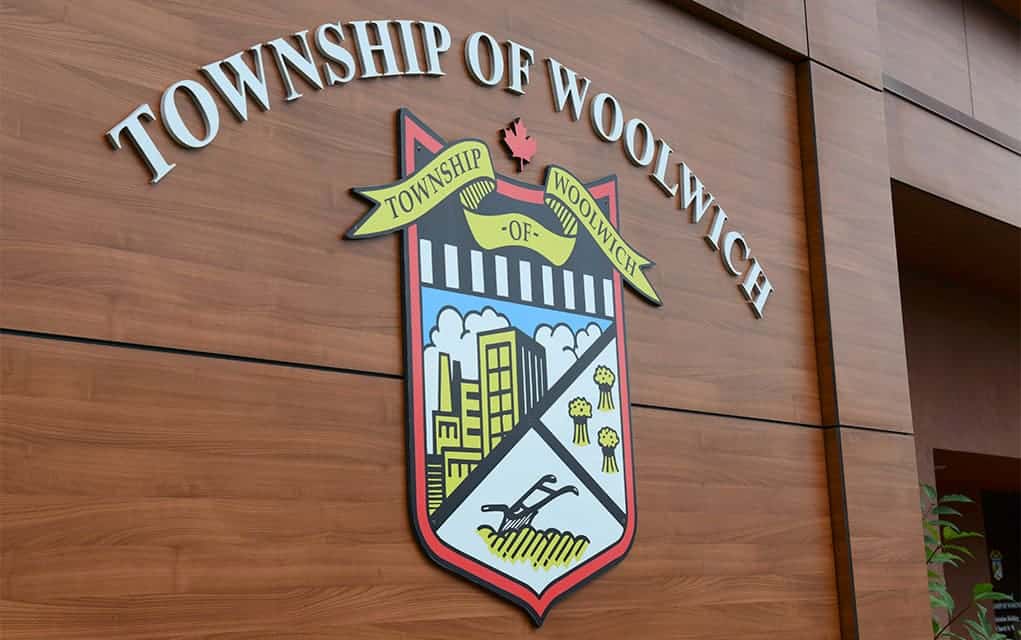;
;
;
Next Article
Kings one win away from capturing the Sutherland Cup

Woolwich residents will be voting electronically – online or by telephone – when they go to the polls in next year’s municipal election. Deeming the technology safe enough, Woolwich council formally approved the shift Tuesday night. Traditional paper ballots will be replaced by an electronic service
Last updated on May 03, 23
Posted on Apr 27, 17
2 min read
